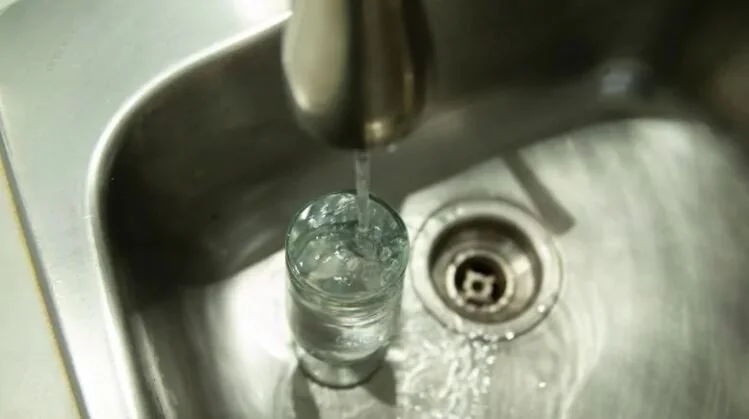A new courthouse in Abbotsford has been found to have copper and lead in its water. In a statement to CBC News earlier this week, B.C.'s Ministry of Citizens' Services confirmed water testing completed in August 2022 at the Abbotsford Law Courts showed copper and lead levels "modestly in excess" of those permitted by regulatory standards.
Influence of point-of-use dispensers on lead level assessment in drinking water of a lead pipe-free campus
Point-of-use (POU) dispensers, referring to those directly connected to the water supply lines, are widely used in public facilities such as schools and universities in Taiwan. These dispensers are equipped with filters that can remove contaminants, including heavy metals in drinking water. Assessment of water lead (Pb) levels rely heavily on sampling surveys that involve various sampling protocols. This study evaluated the effects of using first draw (FD), flush (FL) incorporating at least 20 s of flushing, and random daytime (RDT) sampling protocols on Pb level assessment in water samples collected from faucets and POU dispensers of a Pb pipe-free campus between March 2017 and July 2020. This was the first study to examine the influence of POU dispensers on different sampling protocols and their survey results. Pb levels in 19% of faucet and 11% of dispenser samples exceeded the Taiwan EPA standard of 10 μg/L. FL sampling produced the lowest Pb levels, followed by RDT and FD in the samples collected from faucets. Interestingly, all three sampling protocols exhibited similar Pb levels in samples collected from dispensers. Thus, any of the three sampling protocols can be employed to monitor Pb levels in water samples collected from dispensers.
Untreated wastewater no longer being released into harbour, says Halifax Water
Untreated wastewater and stormwater are no longer flowing untreated into Halifax harbour three days after a pump failed at Halifax Water's Duffus Street pump station. The pump began operating again at 4 p.m. Friday and was monitored overnight, Halifax Water said in a media release Saturday. Wastewater and stormwater are now being pumped from the station to the wastewater treatment facility on Upper Water Street.
Calgary’s water likely safe following coal policy changes, High River area a concern
Following public uproar of the Alberta government quietly pulling the 1976 coal policy, opening up more areas of the province for coal mining, a Calgary committee has started work to find out how those changes could affect the city on the Bow and Elbow Rivers. “The good news is, we found out today that although there’s different (land use) categories, the main category of the national parks and everything for our river system in the Bow is not affected with this policy,” Ward 1 Coun. Ward Sutherland said. “Obviously we’re very pleased with that.”
Testing suggests 1 in 5 Winnipeg homes with lead pipes have unsafe levels of lead in drinking water
One in five Winnipeg homeowners with lead pipes will get unacceptable levels of lead in their drinking water the moment they turn on the tap, according to the City of Winnipeg. Under the city's lead water quality testing program, samples were taken from 268 homes with lead pipes between Aug. 15 and Nov. 19. The testing was done to ensure water quality met new national guidelines for lead in drinking water, which cut the acceptable amount of contamination in half last March. "Overall, the results are as expected," Renee Grosselle, manager of environmental standards with the City of Winnipeg, told reporters Tuesday afternoon.








